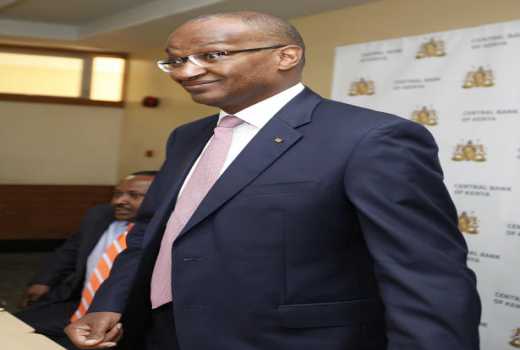×
The Standard e-Paper
Kenya’s Boldest Voice

The Central Bank of Kenya has been accused of influencing the currency printing tender to ensure a British currency printer got the deal.
The recent ruling by the Public Procurement Administrative Review Board places the Governor, who has garnered a reputation for playing by the book, in the eye of the storm.